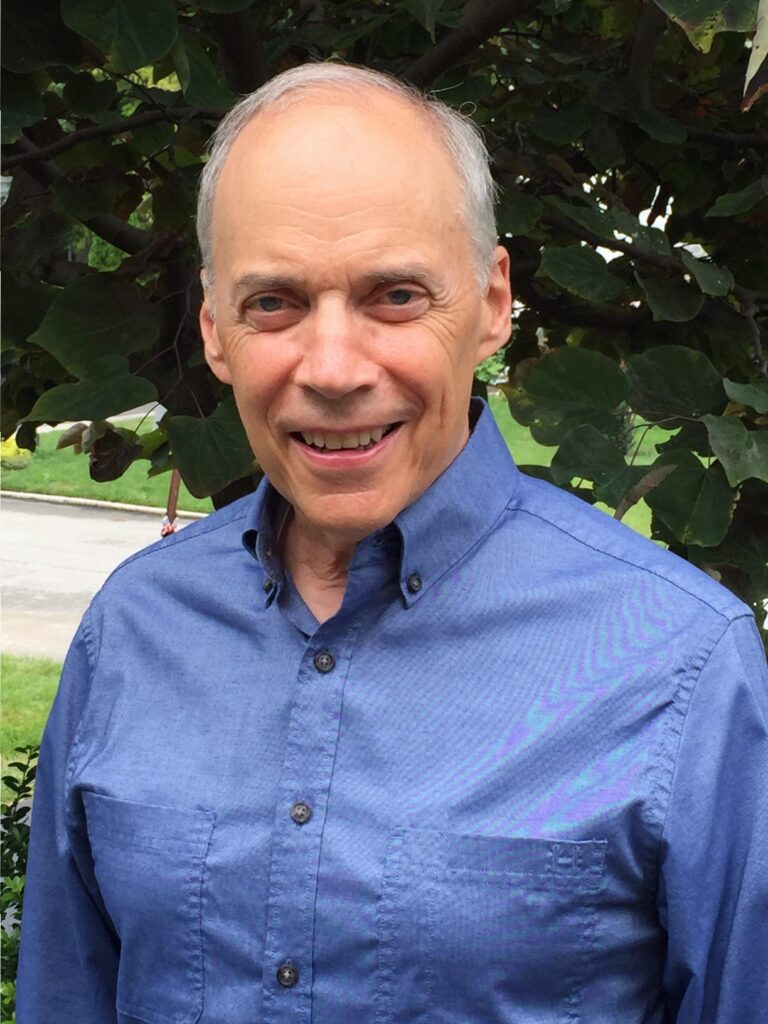- The Lens
Teachers Alone Can’t Address the Literacy Crisis
Ashley Jochim
This commentary was originally published by EdSource. Improving literacy instruction is once again in fashion among America’s policy circles. Between 2019 and 2022, state legislatures passed more than 200 bills that sought to push and pull public schools to embrace the “science of reading.” But one year into closely following a big city school district’s effort to remake literacy instruction as part of a project with the Center on Reinventing Public Education, I can’t help but think these well-intended legislative efforts ignore the larger problem: teachers working alone in their classrooms are ill-positioned on their own to provide the support children most need to learn to read.




